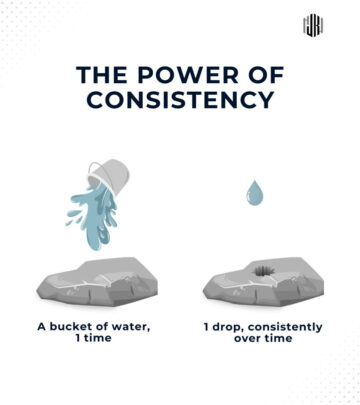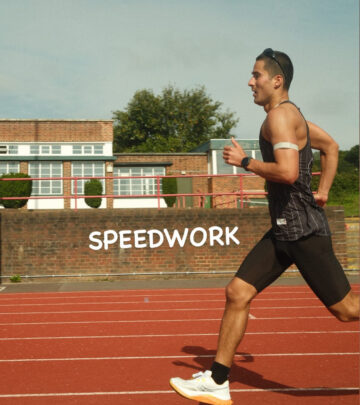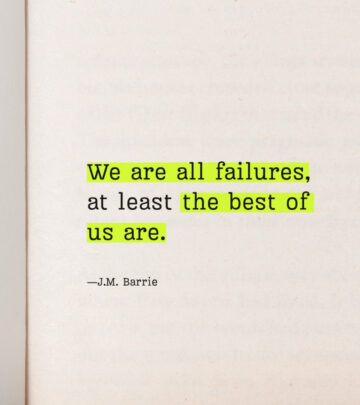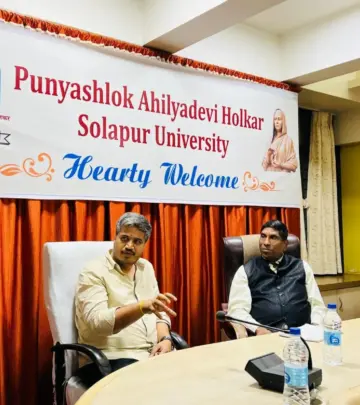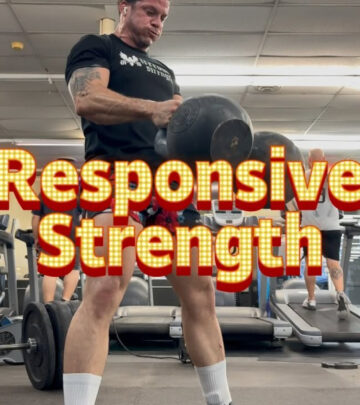Athletes Confront Mental Blocks With Research Insights
Discover how neuroscience informs athletic fear and builds confidence through support now!

Image: Instagram
Rebecca Smith, a renowned Gymnastics Mental Block Coach with a commitment to Complete Performance Coaching, is spotlighting recent research that illustrates how the adolescent brain is naturally wired to sense social threats. This neurological wiring not only manifests as fear of failure in sports but also triggers mental blocks in young athletes. Smith’s insights help parents and coaches understand that these struggles are not signs of weakness, but rather their brain’s protective response.
The Brain’s Response To Social Threats
Research has shown that when athletes feel they are being judged or fear disappointing others, their brain enters a protective mode. Drawing on studies such as those conducted by Blakemore in 2008, the findings reveal that the adolescent brain is finely tuned to detect social threats. This detection triggers mental blocks, hesitation, or even outright avoidance of challenging skills—not because the athlete lacks talent, but because their brain is safeguarding them from perceived harm. According to Smith, these mental roadblocks are deeply rooted in how our neural pathways prioritize safety over performance in situations of high social pressure.
For many young gymnasts and athletes, the fear of failure becomes overwhelming. The intense scrutiny—whether from judges, parents, or teammates—can induce a biological response similar to that seen in other high-pressure survival scenarios. This discovery not only reshapes our understanding of athletic performance but also emphasizes that high expectations can sometimes backfire, contributing to insecurity rather than fostering growth.
Normalization And Confidence Building
Smith emphasizes that building confidence isn’t about eliminating fear altogether. In fact, a strong performance is cultivated by working through fear with a reliable support system. “Normalize mistakes, praise effort instead of perfection, and remind young athletes that they are more than just their performance,” she advises. This approach aligns with her broader message on the PerformHappy Podcast where she has shared powerful personal anecdotes and professional advice in several Instagram posts.
One particular post notes, “When athletes feel judged or fear failure, their brain’s protective response can cause mental blocks.” This message resonates with countless athletes who are caught in an endless cycle of self-doubt. Rather than perceiving these blocks as insurmountable, Smith recommends viewing them as a natural part of growth. Alongside her free Mental Block Breakthrough Method for Parents – a resource available to those who comment with the word ‘TRAINING’ – she empowers families to reframe setbacks as stepping stones toward enduring self-confidence.
Expert Guidance And Additional Strategies
The conversation around mental training is expanding further with experts like Smith sharing how small, supportive changes can drive profound impact. As she explains, forcing a gymnast to conquer skills without addressing the underlying nervous system safety often builds trauma rather than courage. Instead, providing a calm and supportive environment offers the athlete a chance to rebuild trust in themselves.
Multiple social media posts reflect this evolving mindset. In one memorable episode, Smith recounts how an athlete’s performance faltered after observing a peer’s misfortune—a stark reminder that safety and confidence must be rebuilt gradually. In another post, she highlights that for many gymnasts, returning to basics and accepting setbacks is the most effective strategy to overcome fear. These solutions echo the fundamental research insight: confidence is not a byproduct of uninterrupted success but the outcome of persevering through fear with consistent, empathetic support.
This research has particular resonance in competitive sports such as gymnastics, where even minor errors can feel catastrophic. Smith’s narrative is supported by insights from seasoned mental training specialists who repeat that praising effort over perfection helps create a healthier mindset. Her work with high-level athletes, bolstered by her recent PerformHappy Podcast episodes, has become a trusted resource for those navigating the complex interplay between mental blocks and athletic performance.
Parents and coaches are encouraged to listen to these discussions and adopt a more nurturing approach. By commenting ‘TRAINING’ on her post, families can access tools that reframe these hurdles. This transformative strategy is designed to ease the emotional burden on young athletes and transform fear into a platform for growth and resilience.
The collective lessons from these studies and expert opinions suggest a paradigm shift in how athletic performance is evaluated. No longer should the focus solely be on immediate results; instead, long-term confidence and mental well-being must also be prioritized. As coverage of these findings continues to spread, many hope this approach will extend beyond gymnastics, influencing training protocols in other high-pressure sports as well.
Smith’s message is clear: the pathway to success is paved not by the absence of fear, but by the support that allows athletes to channel that fear into improved performance. By embracing these techniques, athletes can begin to see setbacks as valuable lessons rather than failures. The journey to overcoming mental blocks is a testament to both the resilience of the human brain and the power of compassionate coaching.
Read full bio of Nisha Bharatan



